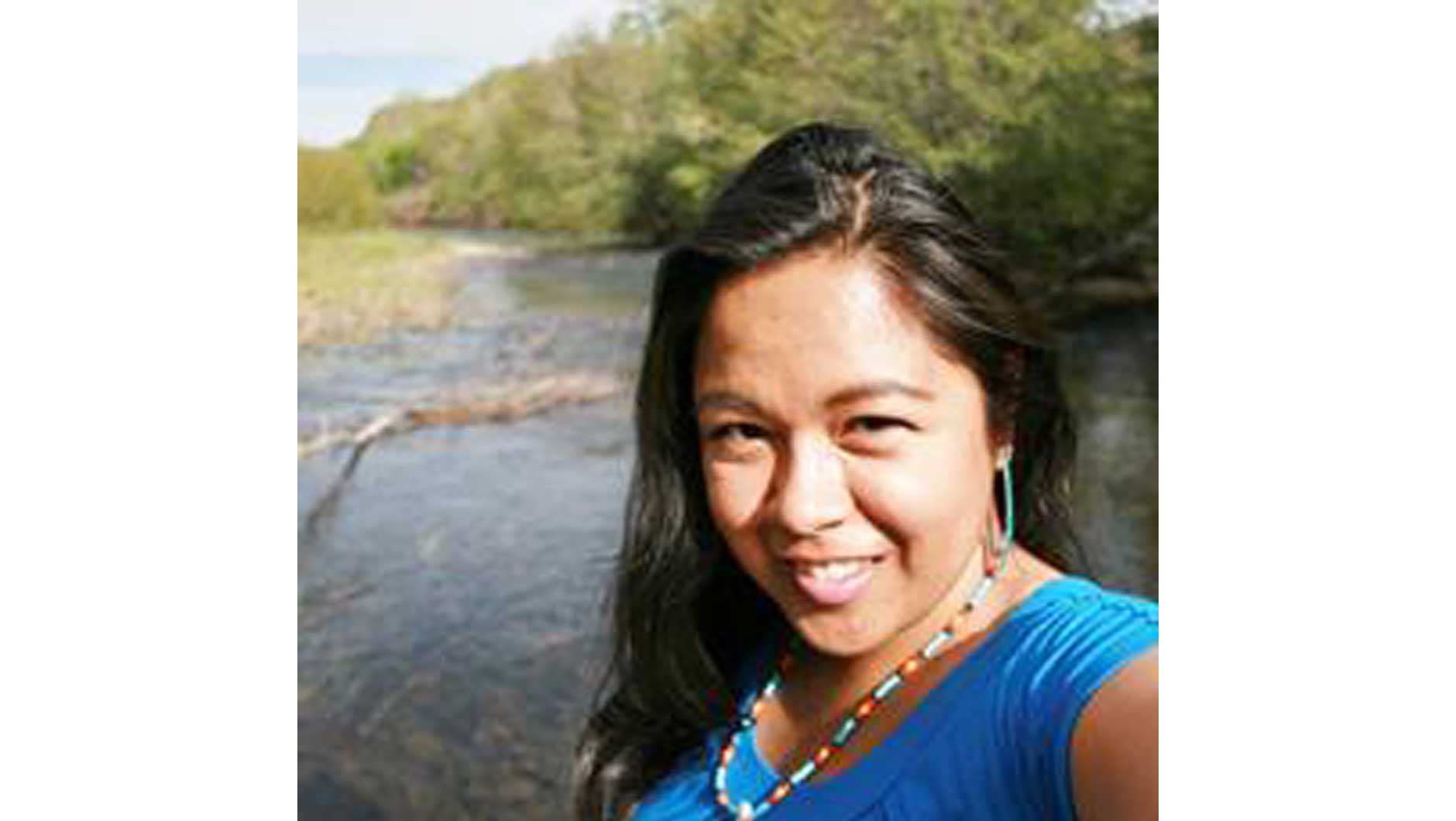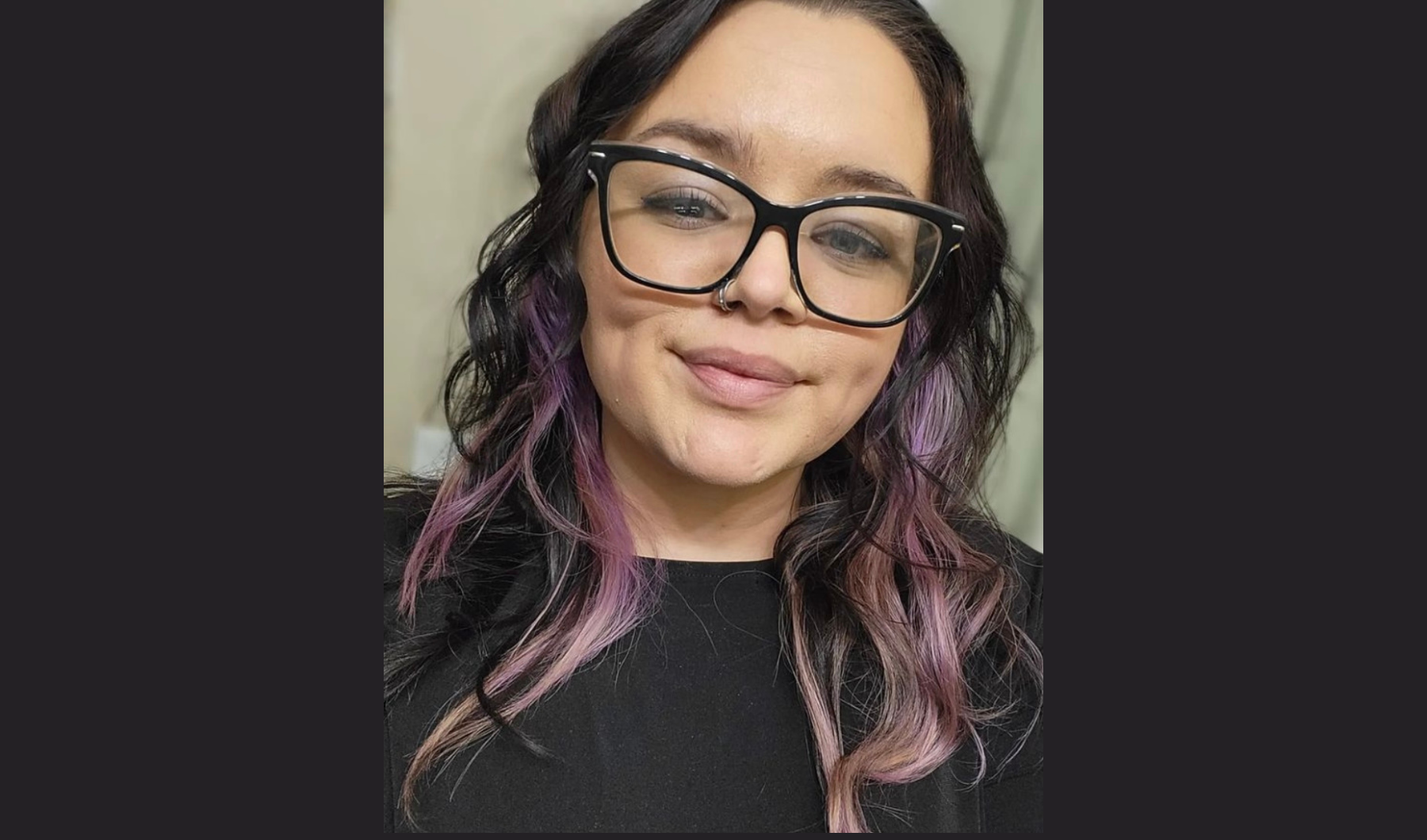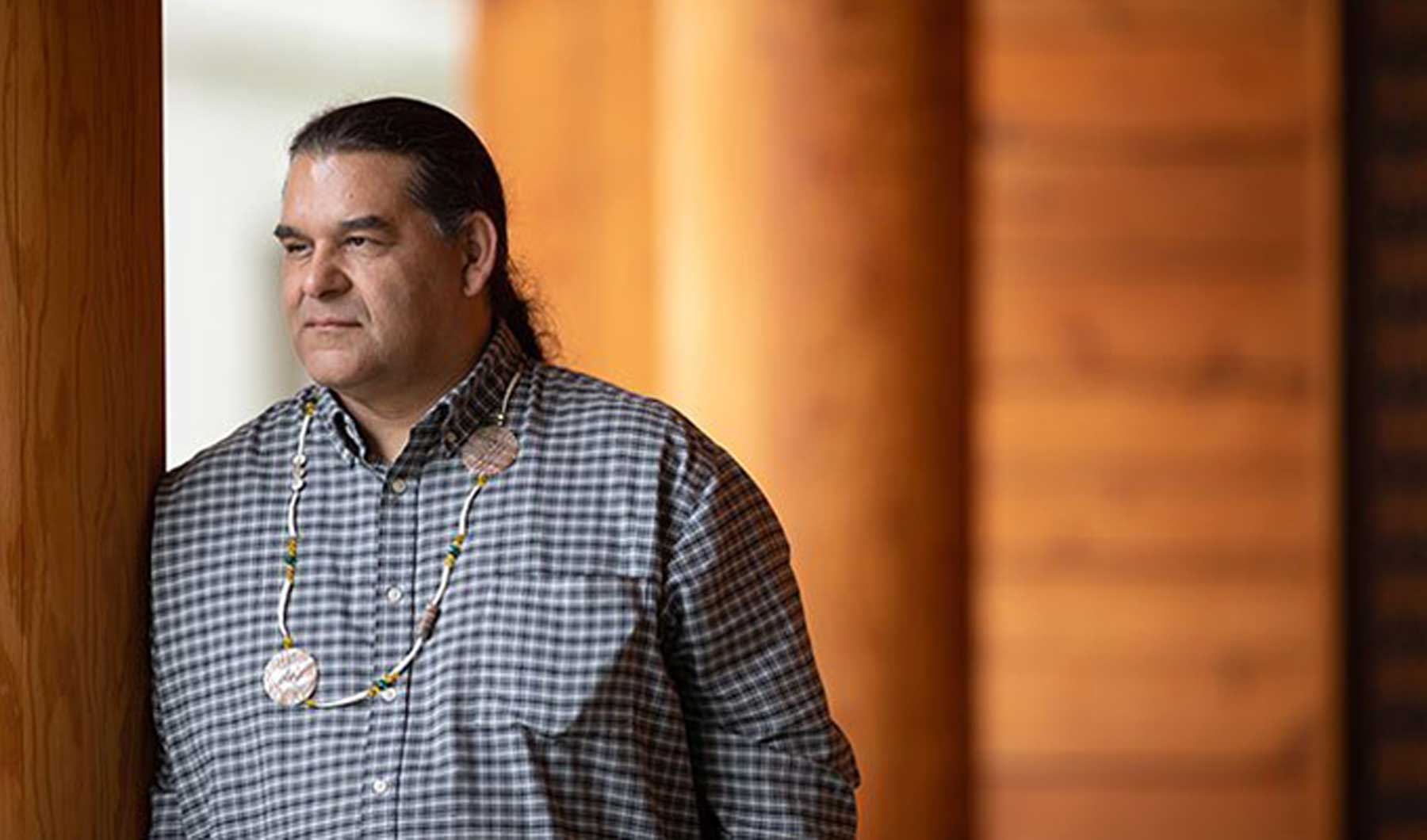Voices of the River Journal Submissions
Submit by April 30, 2024.
Voices of the River is a journal that features articles, stories, poetry, and artwork by Native American writers and artists from Northwest Tribes. It is published annually in the fall.
You can order copies of volume 2 here and read volume 1 here.
Voices of the River is a journal that explores the Columbia River system’s history, living cultures, and ecology through Indigenous voices. In volume 3, we invite contributors to think about what your insights, research, and creative work tell you about healing and resilience? How do we look back and see these themes in the history of the river and its peoples? And how does this give you hope in the future?
We invite contributors to think about the main stem of the Big River, but also its side channels, tributaries, and other streams. We highly encourage pieces focusing not just on the Columbia River itself but on the tributaries (such as the Snake) and on connections between Indigenous peoples connected to the Columbia and Indigenous peoples in other areas of the world. We very much welcome submissions from Canada.
We invite a range of submission genres: research articles, op-ed pieces, creative nonfiction, fiction, artwork, photography, and, if doing physical art (carvings, for example), a photo of the piece. The submission guidelines are below. Contributors must be Indigenous.
At Confluence, we foster a community editorial process. We highly encourage accepted contributors to attend two meetings. In the first meeting, we will get to know each other, including your fellow contributors. In the second, offer light feedback to each other. The editorial committee edits pieces, however, we also invite authors to act as peer editors to each other to build a lasting workshop community. Authors will also be invited to participate in the launch party and panel in October.
For any questions, email lily@confluenceproject.org
Deadline: April 15, 2024.
Submission Guidelines
- We are only open to Indigenous contributors.
- Pieces should be tied to the Columbia River system. We welcome submissions focusing on parts of the system that extend away from the main stem—tributaries, etc—and very much welcome submissions from Canada.
- Pieces should steer away from intertribal politics. Confluence cannot publish an article that explicitly pits one tribe against another. That is more an opinion piece for other publications.
- While the research articles go through a peer-review process, our audience is not primarily academics. Ideally, your article should be written in a way that is accessible and clear to a broad audience.
- Non-standard submissions that do not fit the parameters above may still be considered, please submit your creation and we can have a discussion about why and and how it may fit the journal.
How to Submit:
- Please use this form by scrolling all the way down.
- For research articles and op-eds, please send us a pitch and a short outline. If you have the full piece, you are welcome to submit it but that is not needed.
- For fiction, please send us the first page and a short outline. If you have the full piece, you are welcome to submit it but that is not needed.
- If you have a poem, please send a full poem.
- For art, please attach the piece or image of the piece, plus a short explanation of it (a paragraph is fine).
Read More About the Team
Lead Editor: Emily Washines
Emily Washines, MPA and scholar is an enrolled Yakama Nation tribal member with Cree and Skokomish lineage. Her blog, Native Friends, focuses on history and culture. Building understanding and support for Native Americans is evident in her films, writing, speaking, and exhibits. Her research topics include the Yakama War, Native women, traditional knowledge, resource management, fishing rights, and food sovereignty. Emily speaks Ichiskiin (Yakama language) and other Native languages. Yakima Herald-Republic lists her as Top 39 under 39. She received a Single Impact Event Award for her 2018 presentation from the Association of King County Historical Organizations. She is a board member of the Museum of Culture and Environment and Columbia Riverkeeper. She is an adjunct faculty at Yakima Valley College. As this year’s Lead Editor, Emily will guide the theme and lead the editorial process.
Cover Artist: Kitana Connelly
I am Kitana Connelly, also known as Twahna. I am a member of the Confederated Tribes of Grand Ronde in Oregon, as a descendant of the Molalla tribe, the Klickitat tribe, and more. I am an artist entrepreneur amplifying the spiritual lifeways of Indigenous cultures in both modern and traditional practices. I show this through paintings, portraits, and conversations focusing on healing in the community. I also offer public speaking services and art workshops on healing and creating through intuition.In my experience as an artist, to create means to connect with something greater than myself. My co-creations are influenced by my connection to Spirit, and the land. I paint with ink because it perfectly portrays the energy movements that I capture, at times, I layer other mediums to add texture as well. I started TwahnaCreation because my connection to my culture and art was the catalyst of healing my inner tribulations and traumas, a continuous journey. This took over my life in early 2020, at the same time I also took in and began raising my little brother. That was the first time I ever painted abstractly, and I haven’t stopped since.
Managing Editor: Lily Hart
Lily started working with Confluence’s interview collection as an intern in 2016. She was drawn to the organization because of the often-overlooked histories and stories it tells through the voices of Indigenous peoples’. As Editorial and Content Content Manager, she handles all things digital and print media. She works with the Confluence Library, Voices of the River journal, the Confluence Podcast/Radio, and other special projects such as the children’s book My Name is LaMoosh. Lily Hart grew up in the Pacific Northwest and attended Clark College, then Portland State University, where she earned a BA in History. She is currently a Ph.D. student in History at the University of British Columbia, focusing on North American West and Public History. As Managing Editor, she handles the coordination of the journal.
Advising Editor: David Lewis
David G. Lewis, PhD, is a member of the Confederated Tribes of Grand Ronde, a descendant of the Takelma, Chinook, Molalla, and Santiam Kalapuya peoples of western Oregon. David has engaged in research on the tribal histories of Northwest Coastal peoples, specializing in the Western Oregon Tribes. David served as the director of the Southwest Oregon Project Collection at the UO, and was the Culture Department manager of the Grand Ronde Tribe for 8 years. David has a PhD in anthropology from the University of Oregon (2009) and teaches full time in Anthropology and Native Studies at OSU. David’s research essays about the histories of the tribes are published on the blogsite ndnhistoryresearch.com. David was Lead editor for volume 2 of the journal. As Advising Editor, he helps lead the editorial committee and offer support to the Lead Editor and Managing Editor.
Editorial & Advising Committee: Katrine Barber, Eliza Canty-Jones, Heather Gurko, Michelle Jacob, Lindsey Schneider, Sean Smith, Keri Iyall Smith, Carmen Watson, Patricia Whitefoot, Adina Williams, Carlee Wilson.



